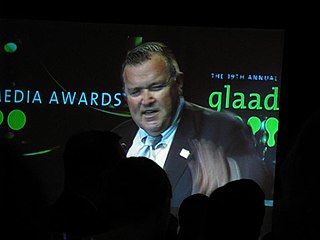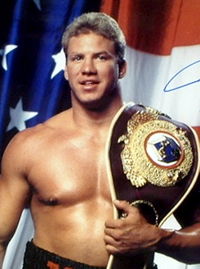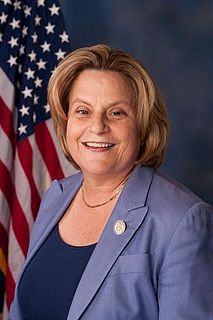A Quote by Charlize Theron
People are so involved with immediate care, but at the same time there needs to be investment in educating people as adolescents when they're still HIV negative.
Related Quotes
In the States, the HIV transmission from mother to child is almost completely preventable - the only mothers who really do transmit it are the ones who don't come in for care. If a mother in the United States or in Europe or in the UK comes to care and gets her medicines, she will have an HIV negative baby. Most people don't know that.
I think that can also be the downfall at the same time in what's really difficult about being kind of in the public eye, you have so much exposure through the Internet, and you can receive a lot of comments, and you get kind of immediate gratification, but also immediate response from people that can either be negative or positive. But I'm really thankful for the internet because it's allowed me to connect with people so much more easily.
My financial adviser Ric Edelman...thinks the time to start educating people about money is when they are children. He's set up a retirement plan called the RIC-E-Trust that can provide retirement security. A $5,000 one-time tax-deferred investment at birth, with an average interest rate of ten percent compounded, means that a child would have $2.4 million when he or she is 65 years old. Who needs Social Security with that kind of nest egg?
Just look at the list of who the lowest-paid people are. Pediatricians are at the bottom. You would also look at internists. You would look at psychiatrists. You would look at family physicians, HIV specialists. People who take care of chronic illnesses by seeing people carefully over time, those are the people who get the least money. The people who have the most are people like orthopedic surgeons, interventional cardiologists. And my point isn't that there is something wrong with heroism.




































